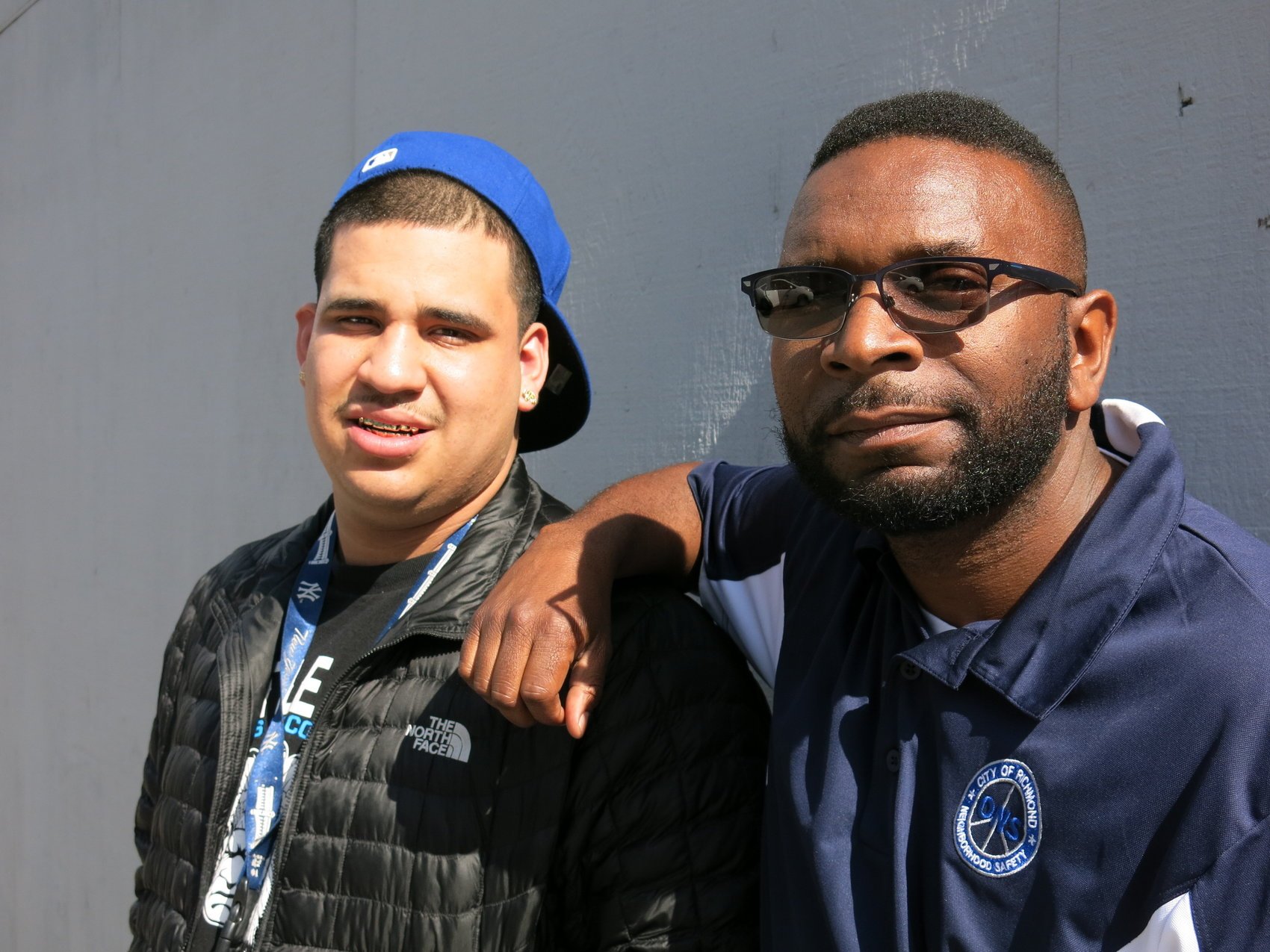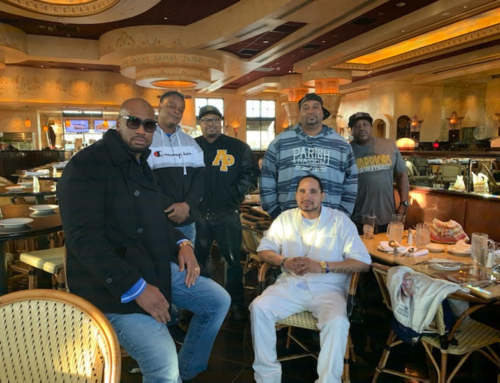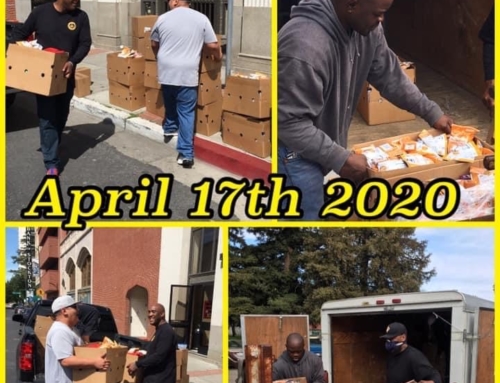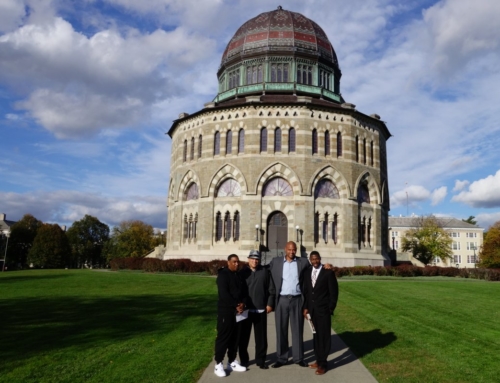“To the extent that human needs are not satisfied, human dysfunction will occur, and, in order to remedy the human dysfunction, activity must developed and structured so as to be responsive to the unmet needs”
—unknown
Advance Peace is a very practical approach to disrupting gun violence in American urban neighborhoods. Advance Peace effectively equips those at the center of urban firearm hostilities with the emotional intelligence necessary to thrive in peace.
Early in my tenure as Neighborhood Safety Director for the city of Richmond California, I learned that very few, if any of those suspected of having committed a firearm offense (60-70% of which had also avoided a criminal justice consequence for their suspected acts of gun violence) were being engaged or served by either a public or community based system of care. They were however being given a great deal of investigative attention and focus from a variety of law enforcement capacities. And even still, gun violence persisted!
Although I understand how difficult it can be to provide services to individuals who appear to be resistant to change, who are also chronically unresponsive to such “opportunities,” I find it extremely problematic that if these young men want help, they have very few options to receive viable assistance that is responsive and provide healthy impact.
These young men will indeed push your limits. They arrive with a great deal of seemingly impenetrable barriers that can disrupt the normal flow of things, particularly in an organization unprepared for this individual—and most are ill-prepared.
For cities and communities impacted by retaliatory and cyclical gun violence to be insufficiently prepared, unable and/or unwilling to provide meaningful and credible opportunity for those (considered lethal and active firearm offenders) who have avoided sustained criminal consequences for firearm offenses is shortsighted. Where this happens, “serial shooters” are created, gun violence persists, and more victimization is inevitable.
If we are going to reduce gun violence, stop its resulting carnage and increase public safety in urban communities, we must see these young men also as victims of gun violence. Yes, we owe it to the impacted communities to engage them with a justice oriented lens, but we must also engage them from a developmental and public health orientation as well.
Far to often, both public and community-based systems of care fall short in their efforts to provide responsive people, opportunity and resources to those most involved with and impacted by urban gun violence. Just as often, those who are suspected of perpetrating gun crimes in urban communities have already been failed by the available systems of care, and consequently these systems or providers lose credibility with those who most need the services provided.
The young men themselves will tell you that they don’t want services, and as a result they often face punitive consequences for not taking them when offered. I cannot tell you how often I have been told by our new Fellows, “bossman, I don’t do services.” On the surface this rejection may appear to be irresponsible, immature and unappreciative, but when you lean in and actively listen, you come to appreciate that the response is a quite rational one, and is a reflection of past experiences of failure by people and systems further upstream in these young men’s lives. People and spaces that were not suppose to fail them. Often, we re-traumatized these guys because we then have a tendency to blame them for the failure. It is easier for the mainstream system of care to paint a scene in which the young adults caught in this cycle of violence are portrayed as choosing a path of crime despite being provided with a world of fabulous alternatives – alternatives that meet them where they are and takes into account the upstream variables that have failed. Unfortunately, this is far from reality.
Advance Peace believes that partnering with these young men in an assistive, collaborative and person-centered way is the recipe for responsiveness. As such, we are meeting each of our Fellows where they are at and reaching them in ways unlike anything before their experience with Advance Peace. We are prepared, focused and credible – in their eyes!
In Richmond, forging such partnerships was vital to learning from and being informed by the very people our services would need to successfully impact. Having a willingness to positively engage with those at the center of firearm hostilities has been invaluable. I cannot overstate the importance of this and it’s correlation to the success we have experienced towards increasing public safety in Richmond California.
Why Advance Peace?
Because Advance Peace like few others bridges the gap between anti-violence programming and a hard-to-reach population at the center of gun violence in urban areas, thus breaking the cycle of firearm hostilities and altering the life trajectory of these individuals lives.





